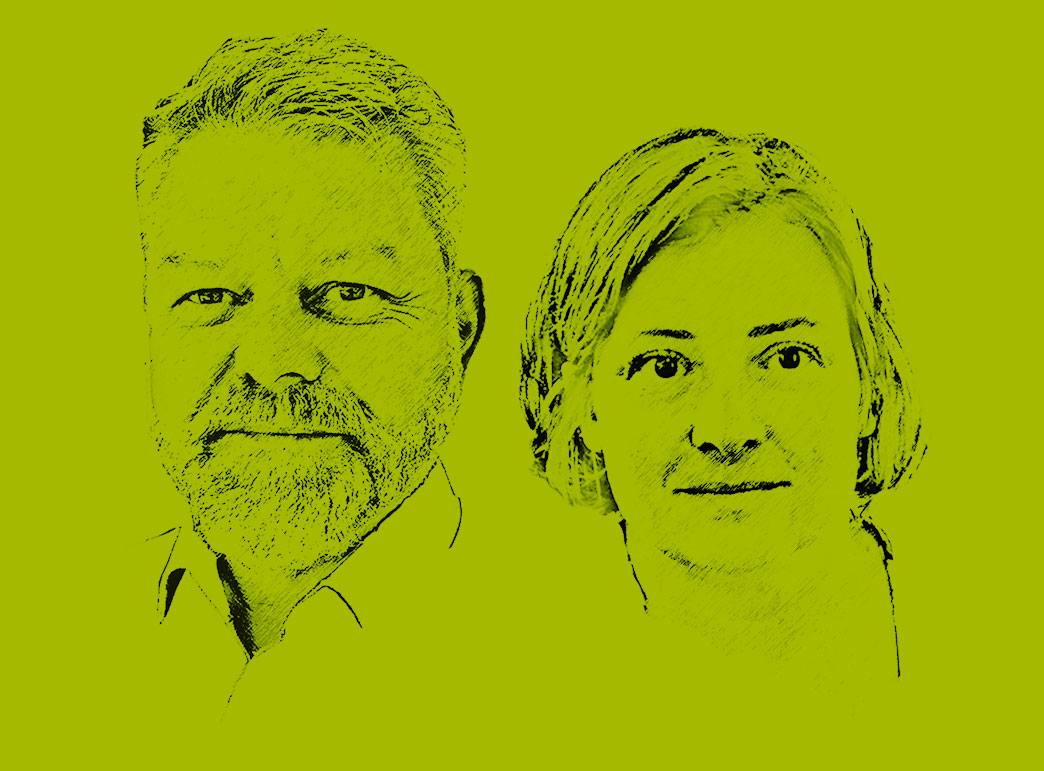
Till Isensee and Liane Miller
Tilisco's column
"Between wishful thinking and reality lies a draft law"
The debate about the circular economy is omnipresent in Germany. Studies such as "The invisible brake on the circular economy" and the BSI study make it clear that there is a lack of trust, standards and economic security when it comes to sustainable products and circular business models.
However, while politicians and businesses repeatedly rely on labels, information and educational campaigns, reality shows that in practice, the big transformation often remains a small sticker on the packaging and does not change the behaviour of the population at all. For years, attempts have been made to persuade consumers to buy sustainable products by means of labelling, certificates and information campaigns. The results are sobering. Despite a flood of labels and well-meaning information, there has been no change in purchasing behaviour. The problem? Hardly anyone still believes in it. The number of seals is growing faster than trust in them. Many consumers doubt their validity, feel overwhelmed or - quite simply - end up choosing the cheapest alternative. And that doesn't really surprise anyone - except perhaps those who still believe in them. In our opinion, clear, binding framework conditions are needed to bring about real change. Voluntary action does not work - as decades of environmental policy have shown. Clear legal requirements are needed, such as those set out in the EU packaging regulation (PPWR). Mandatory use of recyclates? Yes, please. Taxes, levies or subsidy programmes to steer the process? Absolutely. Because nothing changes behaviour as reliably as a financial incentive - or the threat of a loss. But without control, sanctions and political backbone, even the best regulation will become a toothless tiger in the waste paper. Pressure is needed - economic, legal and political. Because only when it no longer pays to do the wrong thing and it becomes worthwhile to do the right thing will things start to move. The role of politics is therefore clearly defined: delivering instead of talking. If you really want a functioning circular economy, you have to act instead of appealing - anything else would be fraudulent labelling - and we really have enough of that now.